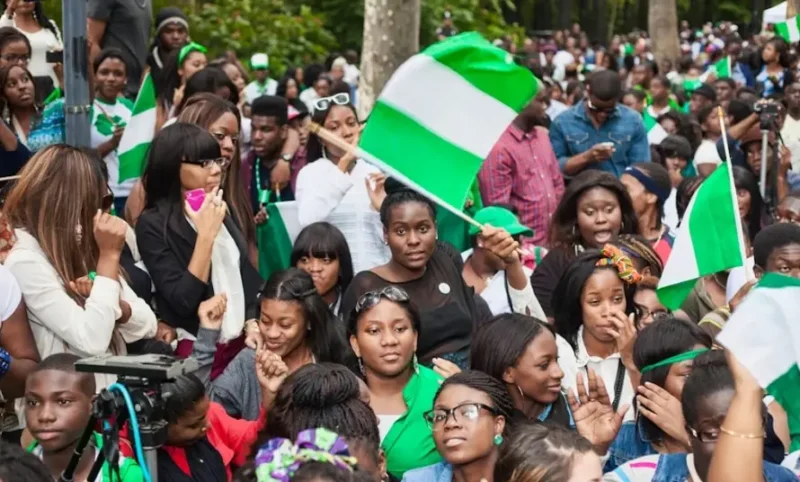Nigeria has emerged as the top African country sending students to the United States, securing seventh place globally and first in Africa in the 2024 Open Doors Report on International Educational Exchange.
The report reveals a surge in Nigerian students seeking higher education in the U.S., highlighting their growing demand for quality education and the enduring academic ties between the two nations. It was released during International Education Week.
The 2023/2024 academic year saw 20,029 Nigerian students enrolled in U.S. universities, marking a significant 13.5% increase from the previous year. This growth contributes to a record-breaking 1,126,690 international students studying in the U.S., the highest in the report’s 75-year history. Over 55% of Nigerian students in the U.S. are pursuing graduate-level studies, underscoring their focus on advanced academic achievements.
The U.S. Embassy celebrated this milestone, stating that the influx of Nigerian students reflects the “robust educational ties between the U.S. and Nigeria.”
Several factors underpin Nigeria’s position as a top source of international students in the United States:
- Quest for Excellence: Many Nigerian students seek U.S. education to access world-class facilities, faculty, and resources that may be lacking in local institutions.
- Strong Educational Foundations: Nigerian students are recognized for their academic rigor, earning them spots in prestigious U.S. universities.
- Cultural Exchange and Scholarships: Initiatives like cultural exchange programs and scholarships ease access to U.S. institutions, reducing financial barriers.
- Economic Growth and Prioritization of Education: Nigeria’s growing middle class increasingly views education abroad as a worthwhile investment for future success.
- Supportive Diaspora Networks: Nigerian communities in the U.S. provide guidance and support, helping students adapt and thrive.
Challenges Along the Way
While the trend is positive, Nigerian students face notable hurdles:
- High Costs: Tuition and living expenses in the U.S. remain significant barriers, particularly for families without access to scholarships or financial aid.
- Cultural Adjustments: Adapting to American academic and social systems can be daunting for new students.
- Visa Complications: Navigating the U.S. visa process and coping with policy changes add stress for prospective students.
- Academic Pressure: The transition from Nigerian to U.S. educational systems often involves adjusting to new teaching styles and expectSub-Saharan Africa’s Education Boom
The report also highlights Sub-Saharan Africa as the fastest-growing region for international student mobility. A 13% increase in 2023/2024 follows an 18% rise the previous year. This reflects a broader trend of African students seeking opportunities abroad due to challenges in local education systems and aspirations for global careers.










Join our Channel...